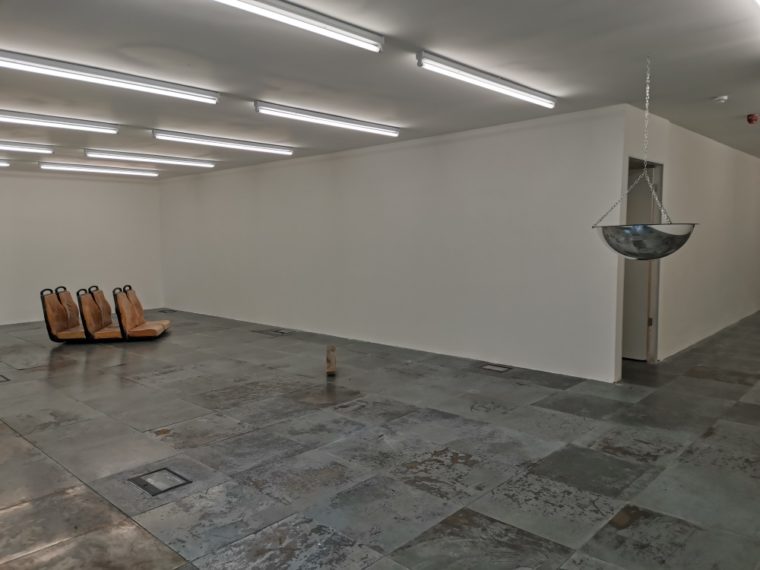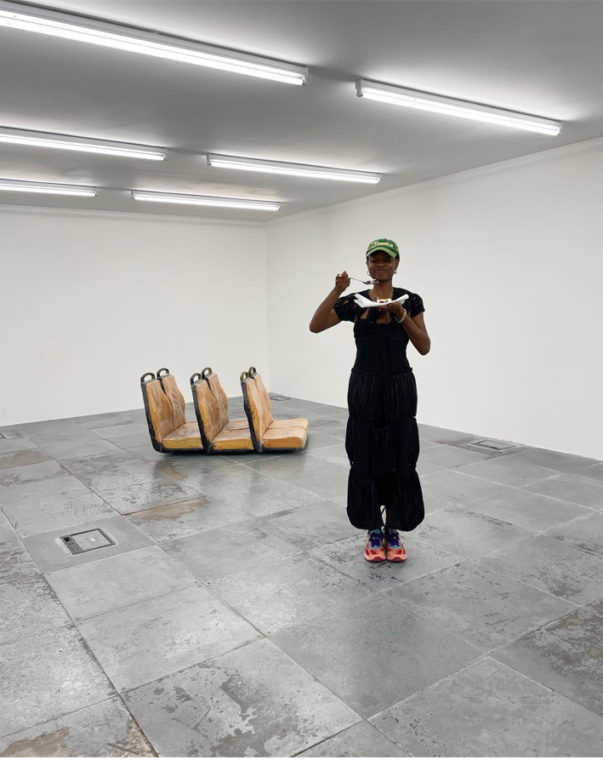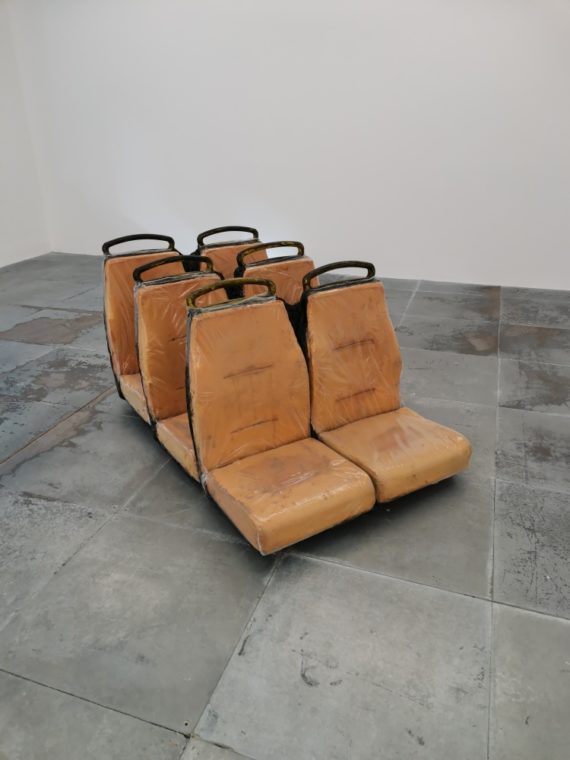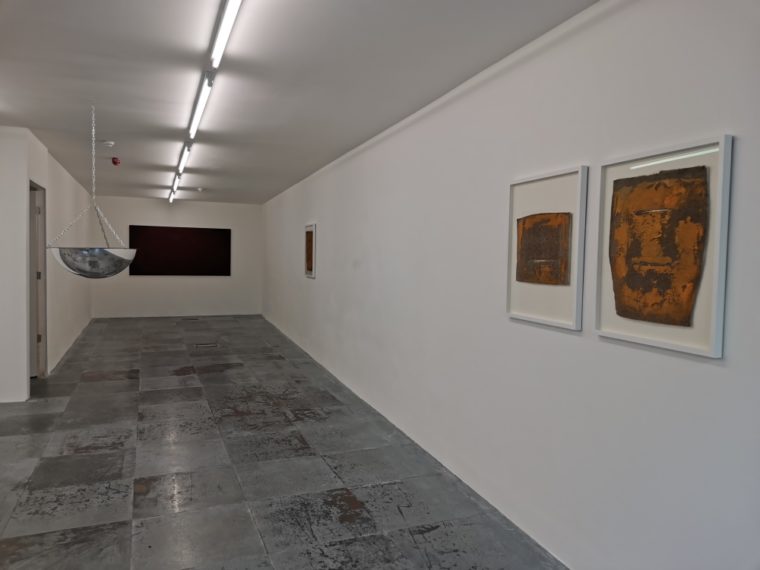News & Events
Rhea Dillon Art Exhibition

I had the pleasure of going to see former Art Scholar and Head Girl, Rhea Dillon’s first ever solo show in London during October half term. Many Croydon High parents and pupil’s will have already admired one of Rhea’s artworks, the stunning portrait of her grandmother that hangs in the Senior Hall.
Her show was beautifully curated, each piece having space to speak for itself. It was also extremely moving to see how each of her eight pieces told a story and had a history. As with all art, it was open to interpretation and most importantly it made me think and reflect, and the venue was the perfect space to do this.
Just a street away from Oxford Circus but in a room where there was no outside noise, just us, occupying the space, Rhea’s space. I could not have been more proud of the artist that she was, is and has become.
Mrs Elizabeth Smith
Head of Art & 3D Design
Director of Teaching & Learning


Rhea’s reviews were hugely descriptive and positive …all at Croydon High congratulate her and look forward to seeing more of her considerable talent.
‘Pitch Back anti-climb paint recedes cavernously into orange bus seats that rise like mountains. The same dark nothingness coats the inside of a mirrored dome that forms part of a sculpture suspended by metal chains, halfway between the ceiling and the floor of the gallery’
‘Compromising three pairs of found Transport For London (TFL) bus seats, From Landing To arrival(L) In Clear Waters Only I Can Paint Black, initiates a conversation about the Windrush Generation and Black diasporic movement. Despite having lived in the United Kingdom for upwards of seven decades, the Windrush Generation – a name given to Caribbean people who arrived in the UK between 1948 and 1971 – who have since 2018 been wrongfully detained, denied legal rights, and threatened with deportation by the Home Office’.
‘With members of her own family working or having worked for TFL, Dillon’s sculpture is a personal and broad statement to the movement and labour of the Windrush generation. … the wrapped seats are haunted by the black and brown women who invisibly clean and care for urban spaces necessary for Western neoliberal capitalism to function’.

More news
Awards and Celebration
GDST Creative Writing Year 12 & 13 – highly commended
Co-curricular



